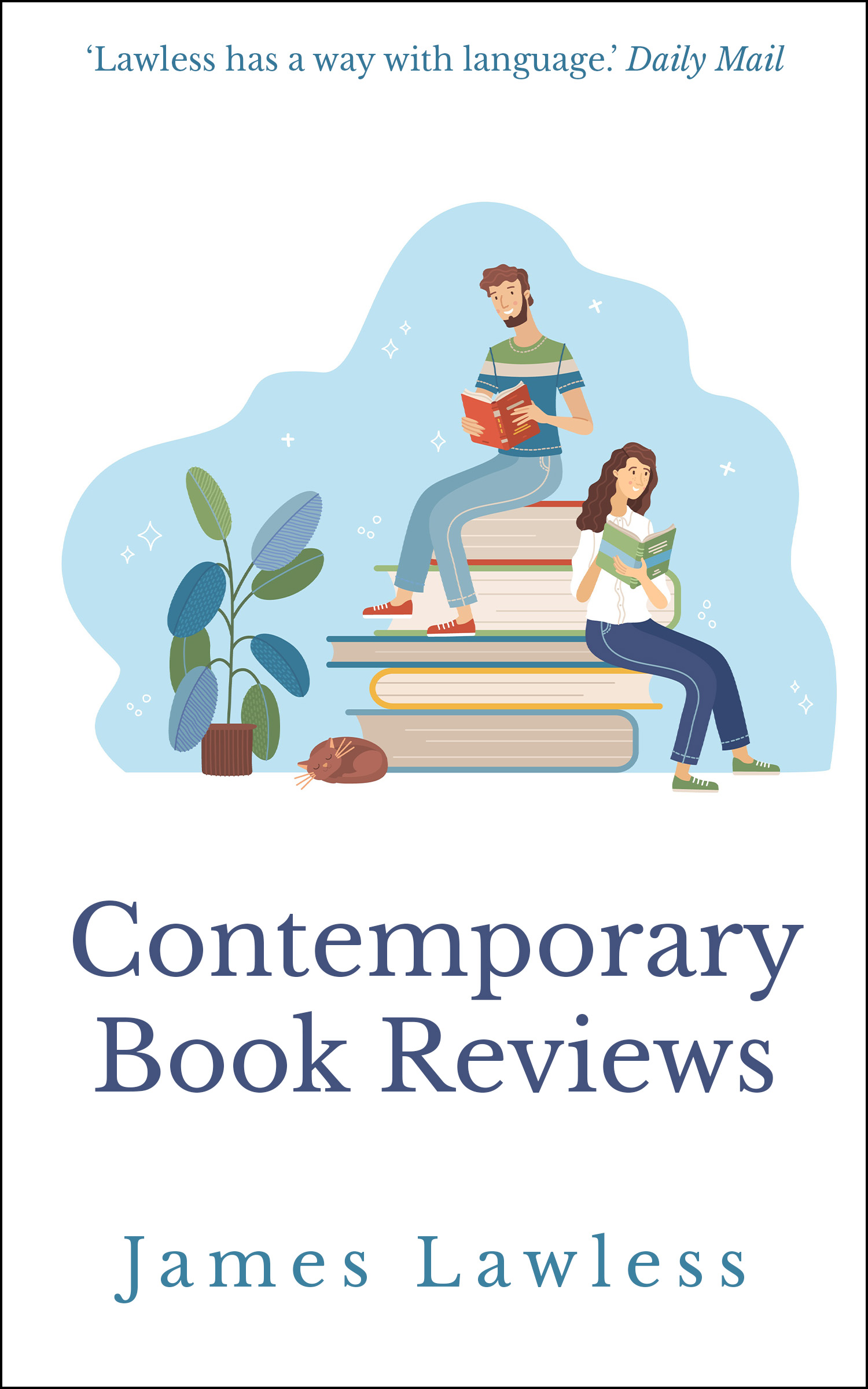
What are writers writing, readers reading and publishers publishing today? Read these insightful and illuminating book reviews by James Lawless, an award-winning writer and respected critic of the contemporary world.
‘Lawless is an insatiable reader, a gifted scholar and a natural philosopher.’ The late Brendan Kennelly.
‘Has a classy turn of phrase.’ Sunday Independent.
just published
My Ear at His Heart: Reading my Father.
Hanif Kureishi
Faber 2004
I first came across Hanif Kureishi in print form in his short story collection Midnight All Day (1999) with its seductive Faber green cover of long, wrap-around female fingers and uninhibited story titles such as The Penis. Immediately one became drawn to the uninhibited urban (London) sexual landscape reinforced by film versions of novellas such as Intimacy and all this preceded by the multicultural (mainly Pakistani) dramas of My Beautiful Launderette (1984) and Sammy and Rosie Get Laid (1987) and the riveting four part BBC dramatisation of his novel, The Buddha of Suburbia in 1993. So much for the sex, but is the writing good? What is it about Kureishi that draws one in? Is it the openness, the clinical analysis of the human body and soul? (Another collection in 2000 is entitled The Body and Seven Stories). It’s like what you see is what you get. It’s in your face but the writing is very good with philosophical insights (he studied philosophy at Kings College) into racial tensions in England dealing with problems which we are only beginning to face in Dublin; it should make him compulsive reading. Also his ability to dramatise social issues makes him equally at home on screen or in book. He is perhaps what Joyce would have been had he lived with that master’s fondness for film and the city. Kureishi was born and brought up in Kent of an Indian father. This memoir traces the growth of a successful writer: the son, at the expense of the failed writer: the father, the one who never quite made it. The wellspring of the memoir is Hanif’s discovery of his father’s abandoned manuscript of his childhood in Bombay encapsulating the political and religious upheaval of India at that time and the division of the country which resulted in the renaming of his family not as Indian but as Pakistani.
| Language | Status |
|---|---|
|
Italian
|
Translation in progress.
Translated by Marta Leoni
|
|
Portuguese
|
Already translated.
Translated by Dominique Andrade
|
|
|
Author review: A meticulous and conscientious translator whom I highly recommend |